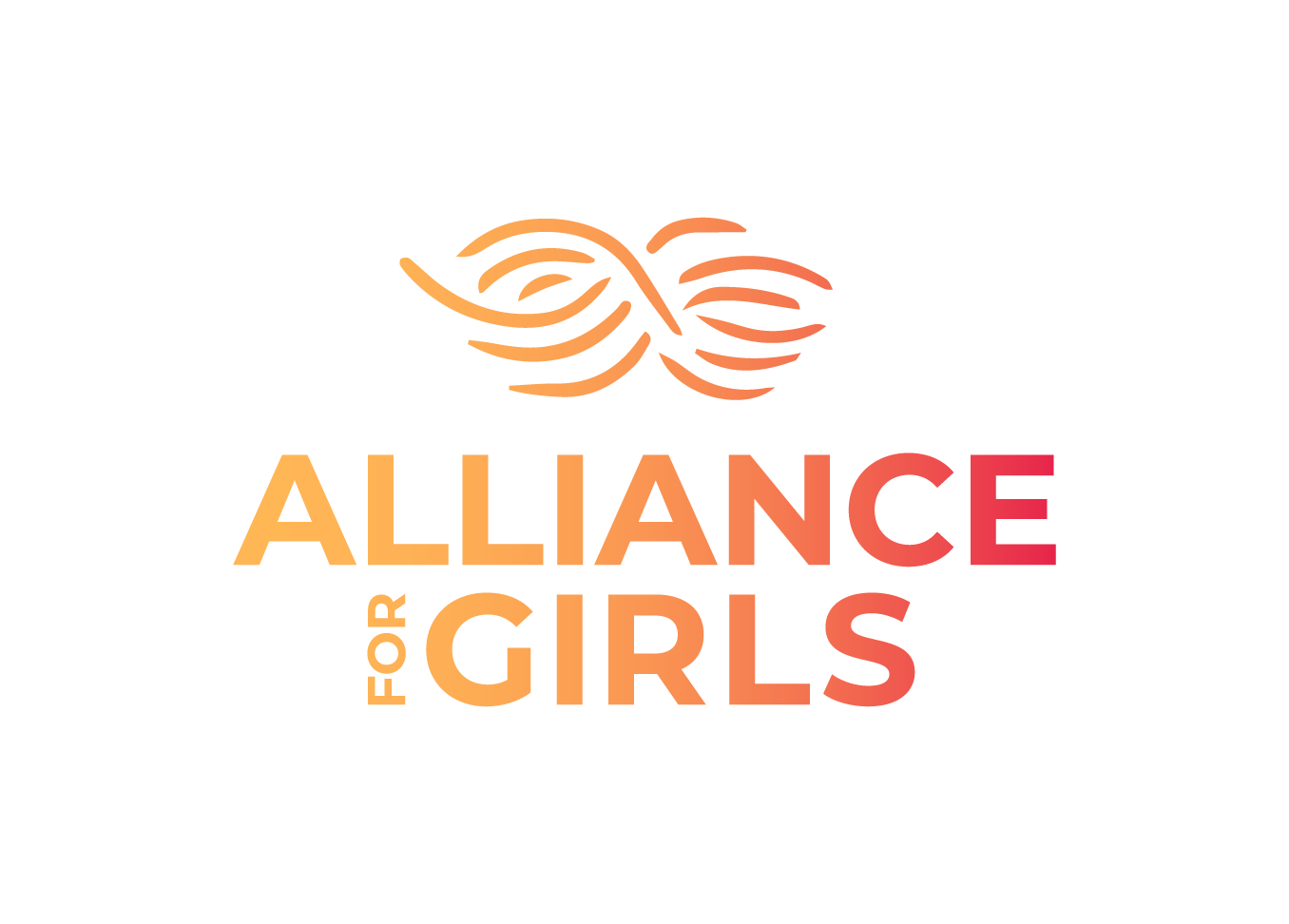BART partners with community organizations to tackle sexual harassment
AFG's Not One More Girl campaign featured in the Golden Gate Express.
In response to Sexual Assault Awareness Month, BART launched its first campaign specifically addressing sexual assault and harassment on public transit for girls and gender expansive youth.
The campaign, Not One More Girl, is a partnership with Alliance for Girls, Betti Ono, Black Girls Brilliance and the Unity Council’s Latinx Mentorship and Achievement Program. The campaign consists of posters and public art located at specific BART stations and a twelve-point advocacy plan, aimed at sexual harassment prevention.
The campaign defines girls as gender-expansive youth, including cis girls, trans girls, non-binary youth, gender non-conforming youth, gender queer youth and any girl-identified youth.
Anyka Barber spearheaded the cultural strategy for the campaign. Barber is the director of Betti Ono, an Oakland-based neighborhood organization that offers arts, culture exhibitions and public programs.
Nisha Sethi, the lead artist in residence at Betti Ono, designed the visual aesthetic and artwork. According to BART, three different campaign posters were created, each with its own message: Silence is Not Consent; Eyes Off. Hands Off. Shut It Down; and Don’t Just Do It.
Three hundred copies of the posters are displayed inside BART train cars, and 50 are posted on select station walls, including Lake Merritt, MacArthur, Oakland Coliseum, Balboa Park and West Oakland.
Rexy Tapia, trans activist, organizer and co-founder of the Bay Area Queer Nightlife Coalition, was a model for one of the posters.
“I think the visibility aspect of having an out trans woman being represented as part of this campaign has already helped people in my community feel safer on riding on public transportation,” Tapia said. “I’m excited to see the true inclusivity of this campaign.”
Aside from the visual aspect, the campaign also includes policy and structural changes.
Before this campaign, BART did not keep track of sexual harassment complaints like it did with sexual assault and battery crime data. A question was added to its Passenger Environment Survey in the latter part of 2020 about riders experiencing gender-based sexual harassment on BART, to which 10% of survey respondents answered “yes.”
